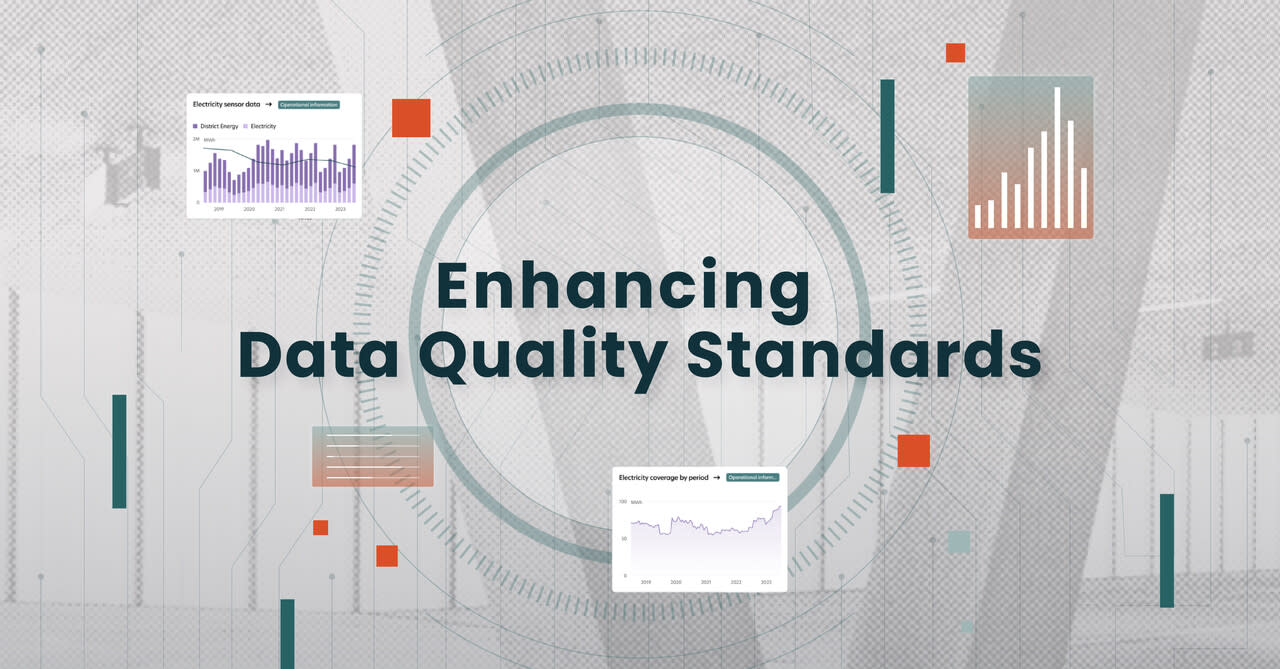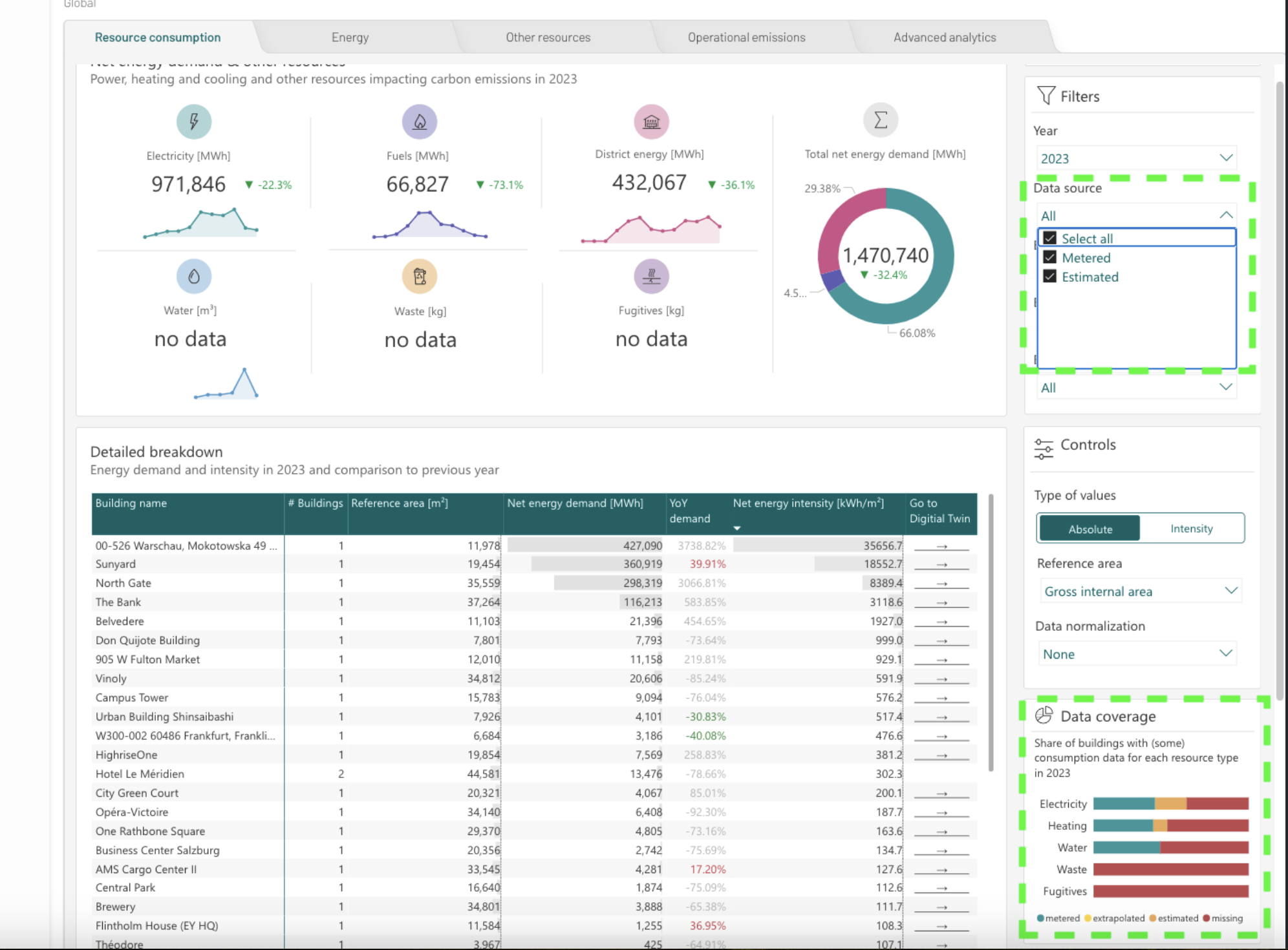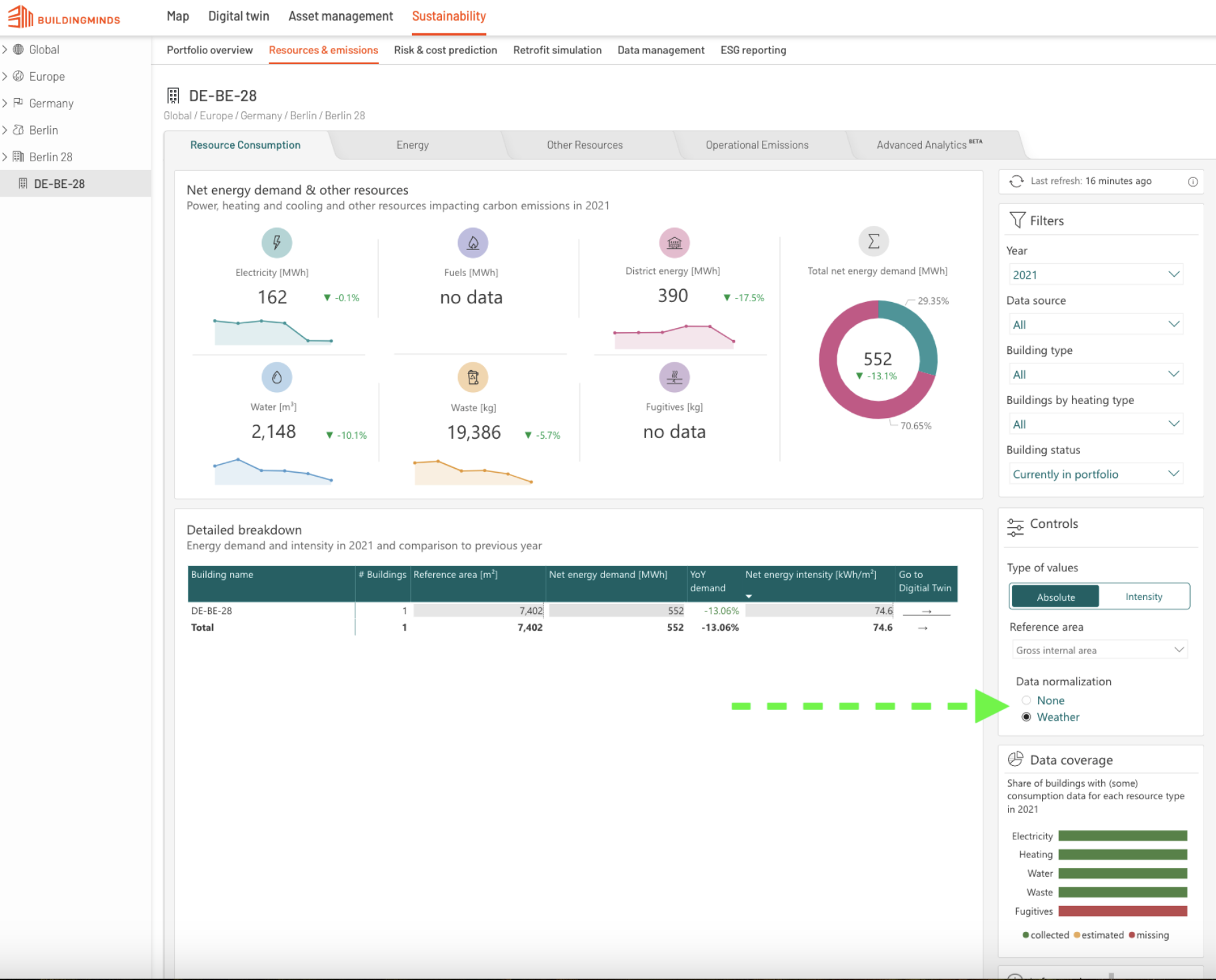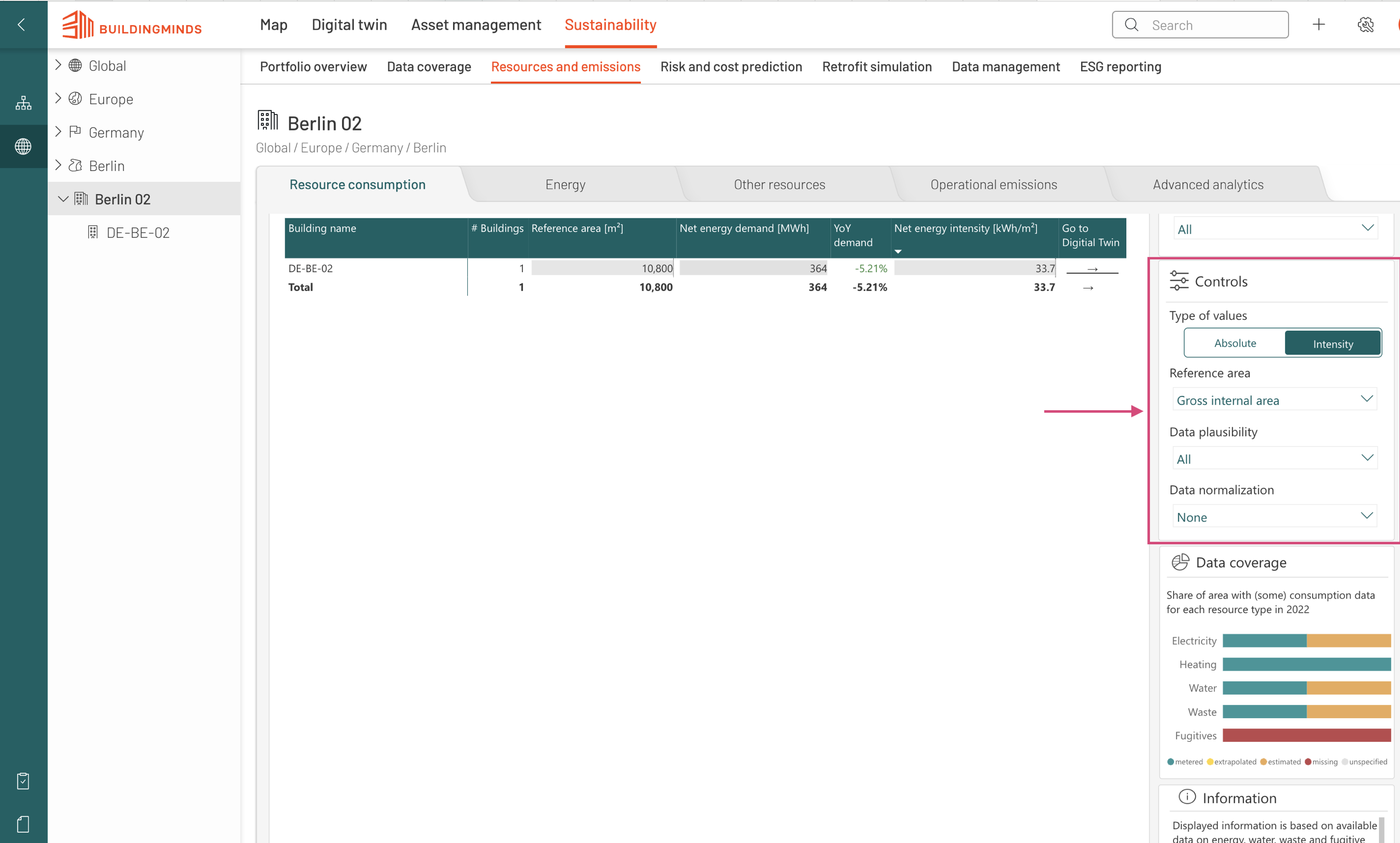Enhancing Data Quality Standards, a top priority at BuildingMinds

Accurate data is crucial in decarbonizing real assets and is often a significant obstacle holding ESG progress. According to a new survey by BNP Paribas, 71% of 420 asset owners and managers covered by the poll cited inadequate data as the biggest challenge they face in their path toward real estate sustainability.
Mind the (data) gap
Accuracy, consistency, completeness, and timeliness are among the key factors that must be addressed to ensure data integrity. Data availability is also another issue asset managers face, especially among asset types such as residential / multi-family. Even when data is accessible, inconsistent data sources, manual entry errors, and outdated information can compromise data quality.
To mitigate risks and safeguard operations, certain measures can be implemented to ensure the integrity and reliability of asset data.
BuildingMinds can help
At BuildingMinds, we understand the critical importance of data quality and transparency, which is why it is one of our top priorities. Our data quality and enrichment process ensures data traceability and quality throughout the entire data flow. Our platform stores information about data entering the system and presents progress in a dashboard while moving data into the reporting layer, maintaining historical records of changes to facilitate the provisioning of assurance-ready data for audit and other purposes.
The Data Quality & Enrichment module of the BuildingMinds platform actively supports users in monitoring and enhancing data quality. The main goal of this module is to improve the overall integrity and reliability of the data. This is achieved through several key processes, including:
Estimating data gaps.
Normalizing data points for consistency, with due consideration for weather and vacancy rates.
Conducting plausibility checks to ensure the accuracy of the data being used in various applications and processes.
This module enables users to make well-informed decisions based on high-quality data.
Data Gap Estimation:
This feature allows energy consumption data to be extrapolated and estimated based on existing data, which can be incomplete (e.g. not full years). For this to happen, calculations need to apply the vacancy normalization and monthly split using heating degree days (HDD).

With a complete dataset, asset managers can have a better overview and analysis of the asset energy performance. Additionally, extrapolated and estimated data can be used for reporting standards like SFDR.
Weather and Vacancy normalization
Weather normalization helps us understand how weather affects energy use in buildings. By collecting data on energy consumption, especially for heating, and weather conditions over time, we can adjust the data to account for weather differences. This adjusted data gives us better measures like energy use intensity (EUI), which shows how efficiently a building uses energy and where it can improve.

Weather Normalization
Additionally, vacancy normalization adjusts energy use data according to the building's vacancy rate. It helps separate the impact of retrofits from vacancy on energy consumption, making comparisons fairer over time or between different buildings. This process applies to both electricity and heating energy use, using different statistical methods for landlord and tenant electricity.

Plausibility checks:
The BuildingMinds platform also incorporates plausibility checks to ensure the accuracy of energy consumption data. These checks involve comparing the data with pre-defined reference values and conducting year-over-year comparisons. If any data is found to be implausible, it is flagged within the system, allowing users to review and make necessary changes.

By implementing these plausibility checks, BuildingMinds helps users identify and rectify any potential anomalies or discrepancies in the consumption data. This ensures the reliability and integrity of the data used for analysis and reporting purposes, enhancing the overall data quality within the platform.
Stay Connected!
If you’re interested in knowing more about our platform and how it helps you achieve real estate sustainability, reach out to our experts and request a meeting today.


